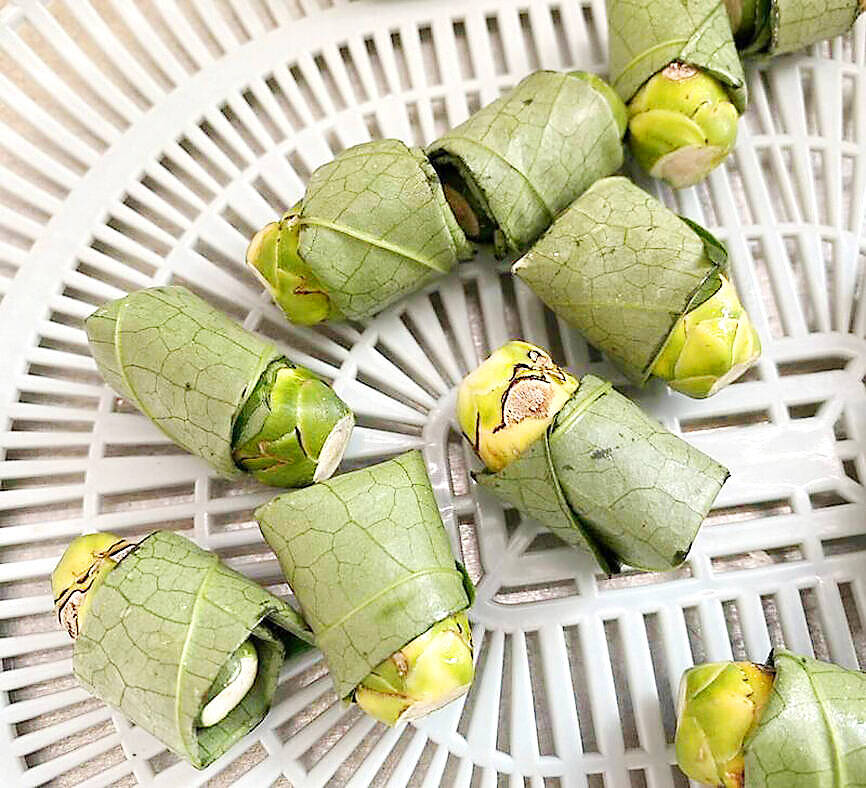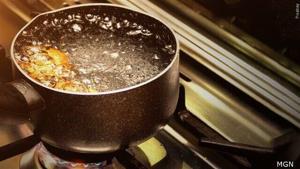CANCER RISK:
The betel nut is a Category 1 carcinogen and hazardous substance, and more than 8,000 people have oral cancer due to chewing the fruit, the ministry said
- By Shelley Shan / Staff Reporter
The Ministry of Health and Welfare has proposed a draft betel nut hazard prevention act (檳榔健康危害防制法), which would list venues where chewing the stimulant is prohibited, and would ban minors and pregnant women from consuming it.
Indigenous people who chew betel nuts as part of traditions would be exempt from the measures.
The ministry said it proposed the act after it found that more than 8,000 people have oral cancer every year.

Photo: Taipei Times
Department of Oral Health Director-General Chang Yung-ming (張雍敏) yesterday said the draft act would be subject to a 60-day public view period.
The ministry said that although the UN International Agency for Research on Cancer had proven in 2003 that betel nut, or areca nut, is a Category 1 carcinogen and hazardous substance that damages oral health, the government has yet to establish rules regulating its intake.
Pregnant women would be banned from chewing betel nuts, as it would increase the chances of them having preterm births and miscarriages by up to two to three times, the draft act says.
Arecoline, a nicotinic acid-based mild parasympathomimetic stimulant alkaloid found in the betel nut, would cause newborns to be small and underweight, it says.
Minors would also be banned from consuming betel nuts, the draft says, adding that those who sell betel nuts to minors and pregnant women would be fined NT$250,000.
The chewing of betel nuts would also be prohibited in certain spaces, such as school campuses, daycare centers, medical institutions, long-term care facilities, libraries, museums, public transportation, taxis, tour buses and passenger waiting areas, the draft says.
People who chew betel nuts in those areas would be fined up to NT$10,000 and be required to take betel nut cessation classes, it added.
Those who fail to take the cessation class without legitimate reasons would face an additional fine of NT$50,000 and continue to accumulate fines each time they are absent from the class.
Managers of areas where chewing betel nuts are banned would be fined up to NT$50,000 if there is no clear sign at the entrance and they would be required to address the situation or face additional fines, it says.
To comply with the government’s policy of protecting cultural diversity, the act would not apply to indigenous peoples who chew betel nuts as part of traditions or religious rituals, the ministry said.
Additionally, shows or movies that portray characters chewing betel nuts must have warnings of health hazards caused by the practice before and after the scene, the draft says.
Television programs containing such scenes must not be aired during general-rating hours.
Betel nuts may not be sold through vending machines, postal services, online shopping networks or other methods where retailers cannot distinguish the age of consumers, nor can betel nuts be given as gifts, or through special discounts or free draws, it says.
Candies or toys that mimic the size and shape of a betel nut should not be manufactured, imported, sold, supplied, exhibited or advertised, the draft says.
Betel nut retailers and wholesalers must register their businesses and obtain approval from the local government before they can start their businesses, Chang said.
Betel nut sellers who fail to register their business within a designated period of time would be fined NT$10,000 to NT$50,000.
Betel nuts and ingredients that are used to produce them must also meet standards for chemical residues, toxins and heavy metals, he said, adding that local health officials would be authorized to enter retail facilities to conduct random inspections.
Retailers that refuse inspections could be fined up to NT$50,000 and failure to meet hygiene standards would result in a fine of between NT$30,000 and NT$150,000, Chang said.
Retailers who sell betel nuts or use ingredients that do not meet the hygiene safety standards would be asked to stop using or selling them, and failure to do so would result in a fine, he said.
#Ministry #proposes #betel #nut #draft #act









Leave a Reply